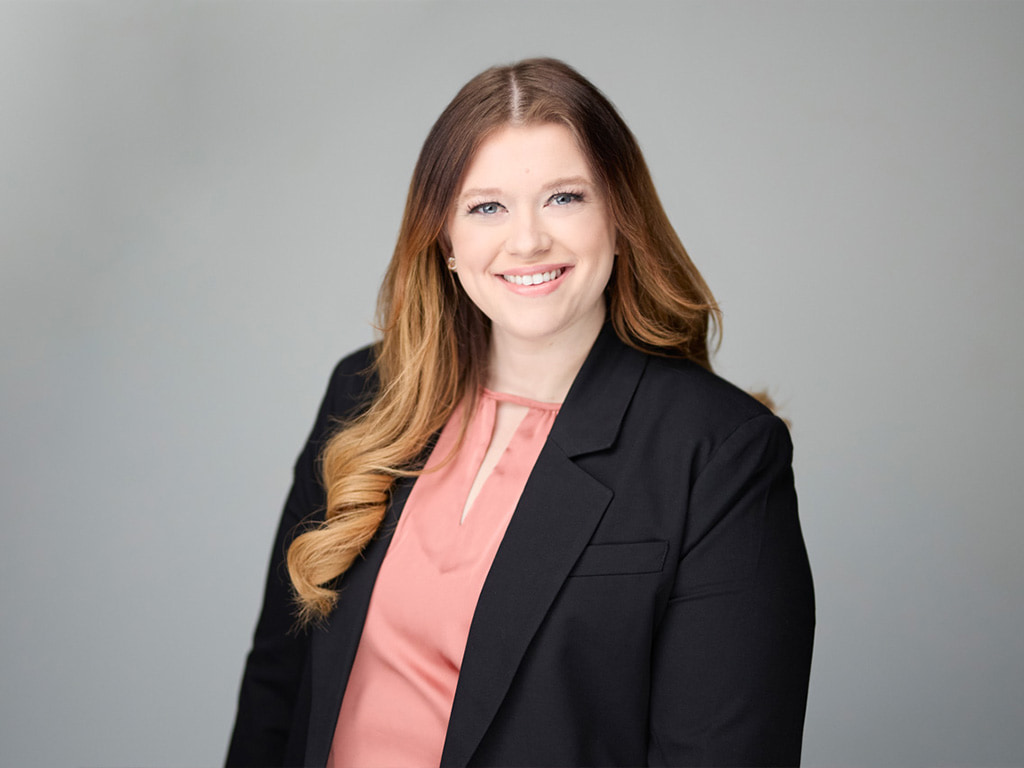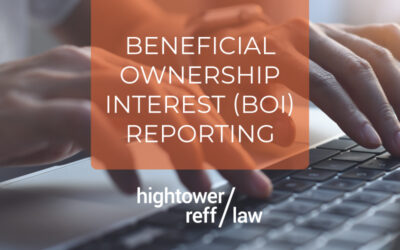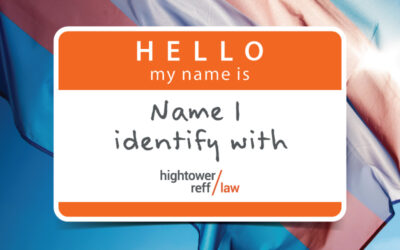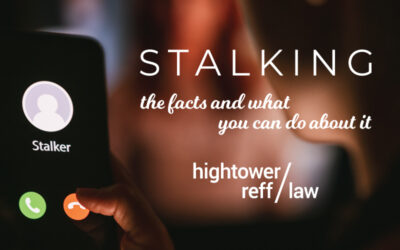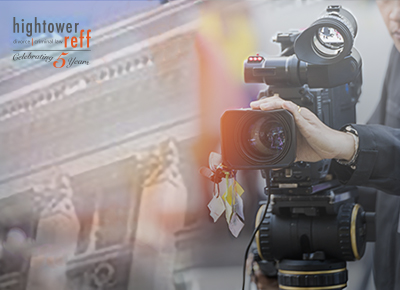 The countdown to cameras in Nebraska courts is on. If you’re in a Nebraska district or county court after March 1, 2017, you may see a new thing in our State – news cameras inside the courtroom doors.
The countdown to cameras in Nebraska courts is on. If you’re in a Nebraska district or county court after March 1, 2017, you may see a new thing in our State – news cameras inside the courtroom doors.
Nebraska is joining many other states, including Iowa, that have had cameras in their trial courtrooms for years. States like Nebraska, however, have been hesitant to allow electronic recording in courtrooms.
What the new Nebraska rule says
The new Nebraska Supreme Court Rule allows electronic cameras in Nebraska courts, recording and social media posting from the courtroom. But don’t show up at your local courthouse with a video camera or your smartphone looking to become a YouTube correspondent.
Only approved news media outlet representatives with approved equipment are allowed to record or report electronically from the courtroom. Anyone looking to provide expanded coverage under the rule has to ask for permission in advance, using a specific written form.
Under the rule, a judge can approve someone outside the approved list of media outlets who asks to take part in providing coverage in the courtroom. However, everyone looking to report from court must follow the rule’s written request and approval requirements.
There are other restrictions to cameras in Nebraska courts as well:
[infographic id=”x1486667037879″]
The rule doesn’t require expanded media coverage, it only allows for it. Not every Nebraska judge will allow expanded coverage in their courtroom, and the decision is up to their discretion.
The case for and against cameras in the courtroom
Cameras in Nebraska courts and other electronic recording in the courtroom have long been a hot topic of discussion.
On one side of the issue, those opposed say that the expanded coverage brings with it a risk of making witnesses afraid to testify and jurors afraid to serve, making a mockery of the judicial system, or tainting potential jurors’ opinions of a case.
There’s also concern that it may change the way a judge communicates with attorneys and his or her staff during a proceeding, cause a distraction, or disrupt the courtroom.
While some of those arguments are compelling, state courts that have allowed cameras in the courtroom have kept their expanded coverage rules – maybe for very good reasons. Some believe expanded coverage is important to the public interest.
Those in favor of expanded courtroom coverage say it gives people who otherwise may not ever go into a courtroom as close to a first-hand court experience as possible. They believe that look inside the courts can be a teaching mechanism to give people a better understanding of how our judicial system works, and increase their confidence in the courts. There’s also an argument that cameras in the courtroom supports the public’s “right to know” what happens in our judicial system.
If you think cameras in Nebraska courts will be an issue for you
If you have a case coming up in a Nebraska court that isn’t in one of the excluded categories in the infographic above, the question of cameras in the courtroom may hit close to home. You should talk with your attorney so you’re both prepared if you think your case might attract media attention.
Media making a request for coverage must do so via a special form. They have to send the form request to the Judge and all attorneys. If you don’t have a lawyer, they have to send a copy to you. The judge will decide whether to approve the request. Depending on the type of hearing the media wants to cover, you may be able to object if you choose.
If you want to object to a media request for expanded coverage in your hearing or trial, you or your lawyer has to file a written objection. Be aware, however, there’s a time limit to file your objection. Also, it must be sent to all parties, and to those requesting to cover the hearing.
This article should not be construed as legal advice. Situations are different and it’s impossible to provide legal advice for every situation without knowing the individual facts.
For details about the author, Susan Reff – a Hightower Reff Partner Attorney practicing in criminal defense, DUI, and family law – visit her profile page.
Find out more about how Susan and Hightower Reff can help with your criminal case.
If you need help with a DUI, criminal defense, or family law case, contact Hightower Reff Law today, and come visit with Partner Attorney Susan Reff or one of our other experienced attorneys at the firm’s Omaha office.

